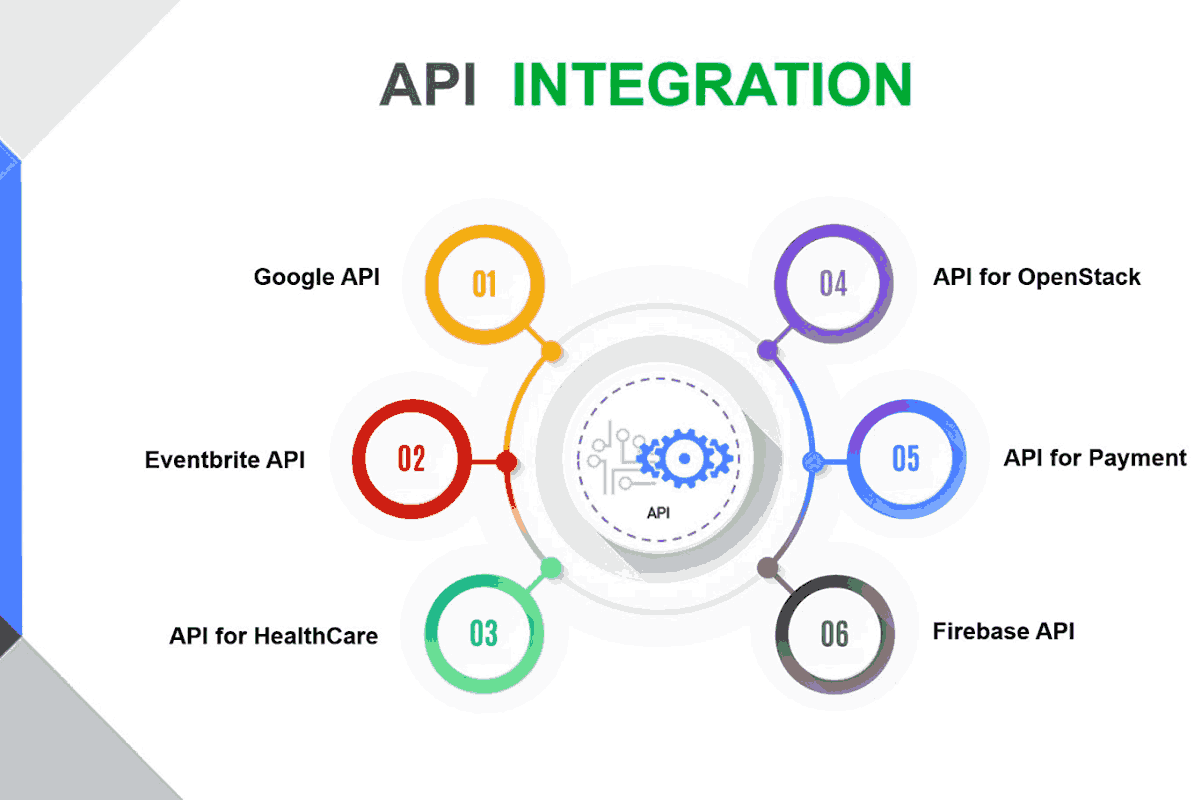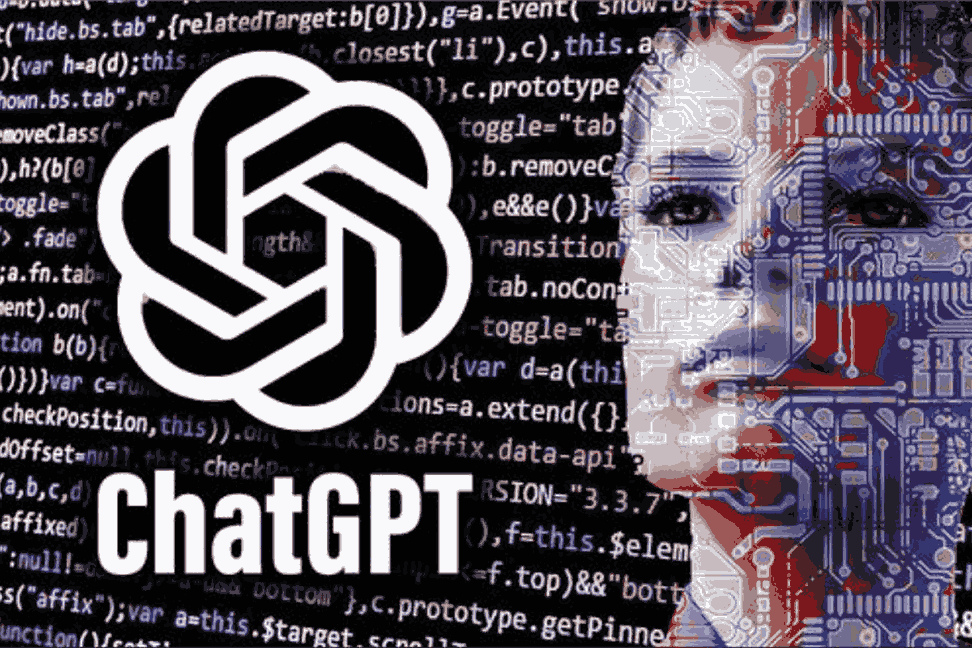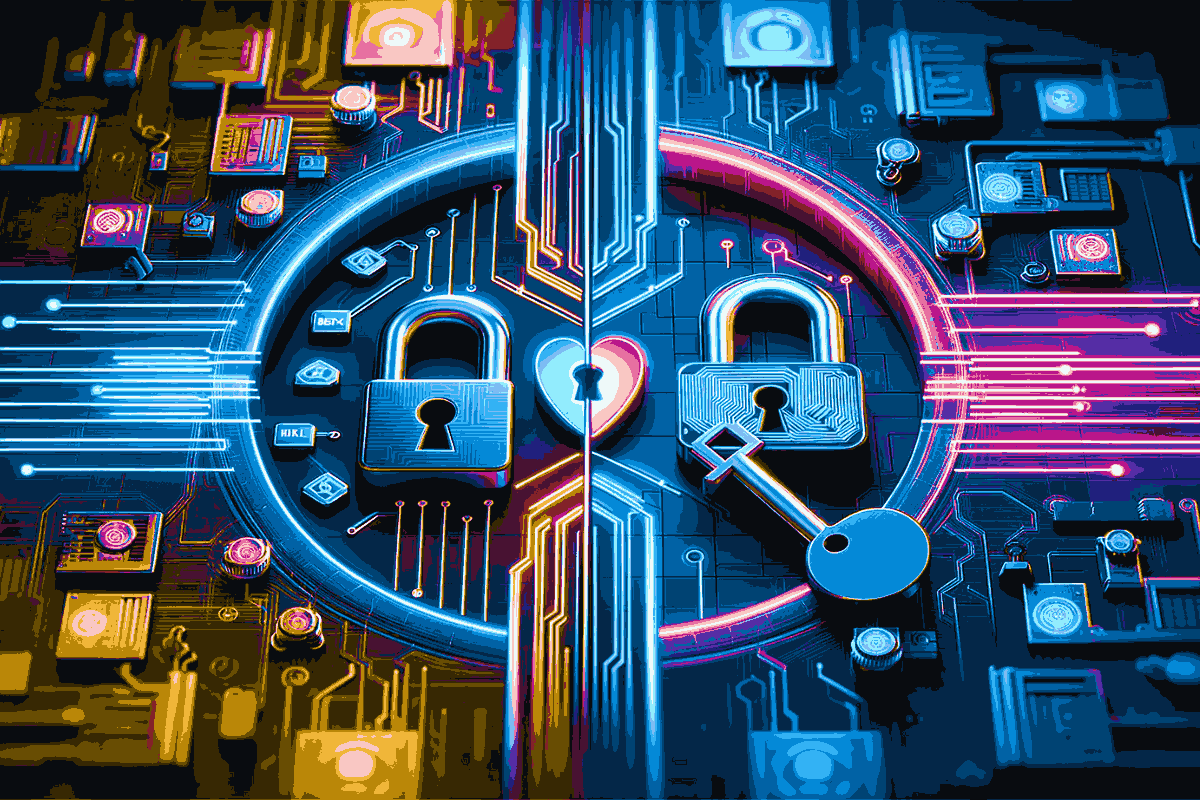
In an age where trust in democratic processes is declining, technology offers a possible solution. Blockchain, the same technology that powers cryptocurrencies like Bitcoin, is now being explored as a tool to revolutionize voting systems. From improving election transparency to preventing voter fraud, blockchain may hold the key to restoring confidence in elections.
What Is Blockchain?
Blockchain is a decentralized, distributed ledger that records transactions across many computers. Once data is recorded, it becomes nearly impossible to alter without detection. This immutability and transparency make it ideal for applications where trust, security, and accountability are critical.
While blockchain has gained popularity in the finance world, its use in non-financial systems, such as voting, is gaining attention.
Problems in Traditional Voting Systems
Current voting systems, whether paper-based or electronic, have several challenges:
-
Fraud and manipulation: Ballot stuffing, fake votes, or tampering with vote counts are common concerns.
-
Lack of transparency: Many voters don't fully trust the process due to limited visibility into how votes are counted or verified.
-
Limited accessibility: People with disabilities or those living abroad often face barriers to voting.
-
Delayed results: Manual counting or outdated software can lead to long delays in election results.
These issues not only affect the integrity of elections but also lower voter turnout and public trust.
How Blockchain Can Help
By integrating blockchain technology into voting systems, several key benefits emerge:
🔐 Security
Every vote on a blockchain becomes a part of a tamper-proof ledger. No single person or entity can alter it without being noticed. This tamper resistance greatly reduces the risk of election fraud.
🧾 Transparency
Blockchain enables end-to-end auditability. Voters and election observers can verify that all votes are counted and unchanged. Yet, with the right encryption methods, voter anonymity can still be maintained.
🌐 Accessibility
Blockchain voting can allow people to vote remotely using secure mobile or web platforms, helping overseas citizens, the elderly, or people with disabilities participate more easily.
⏱ Faster Results
Because votes are recorded in real-time and cannot be duplicated or lost, the vote counting process becomes faster and more efficient.
Real-World Use Cases
Several governments and organizations have already piloted blockchain-based voting systems:
-
West Virginia, USA conducted a pilot project using the Voatz blockchain app for overseas voters during the 2018 midterm elections.
-
Estonia is often cited as a pioneer in digital governance, with secure digital ID systems that could support blockchain voting in the future.
-
Platforms like Horizon State and Follow My Vote are developing secure, decentralized voting platforms for elections and organizational decisions.
While these projects are small-scale, they demonstrate the potential and growing interest in blockchain voting.
Challenges and Considerations
Despite the benefits, implementing blockchain in elections isn't without challenges:
-
Privacy vs transparency: While blockchain is transparent, preserving voter privacy requires advanced cryptography and careful design.
-
Digital divide: Not everyone has access to the internet or smartphones, which may exclude certain groups.
-
Scalability: Handling millions of votes securely and quickly requires robust infrastructure.
-
Regulation and trust: Governments need to create legal frameworks, and people must trust the new system.
Conclusion
Blockchain for voting systems is more than a tech trend—it’s a bold step toward transparent, secure, and inclusive elections. Although it's not a perfect solution yet, with further research, testing, and development, blockchain could play a central role in reshaping democracy for the digital age.
As technology continues to evolve, so must our democratic tools. Blockchain might just be the system that helps the world vote with confidence again.
Keywords:
- Blockchain for Voting Systems











Leave a comment